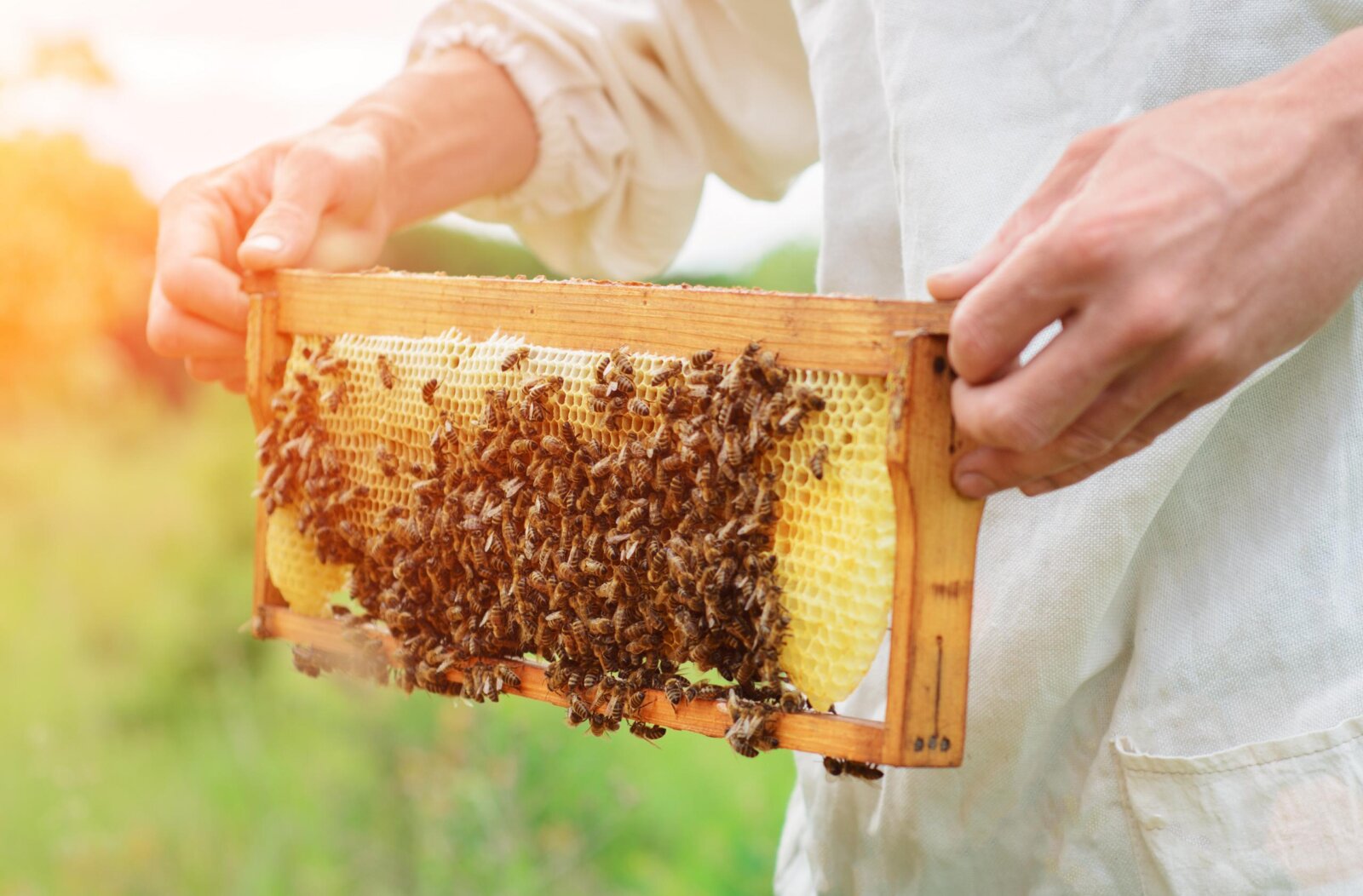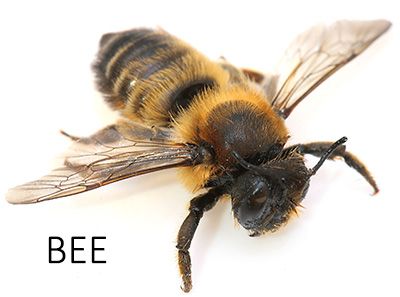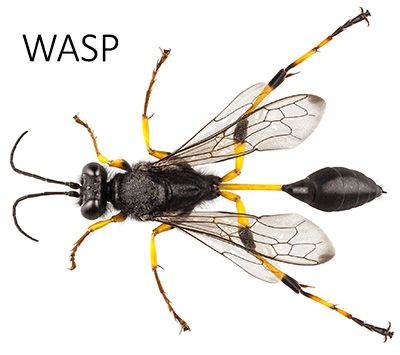
Beekeeping at Adam's | Pollinator Policy
Adam’s Pest Control Reminds Everyone to “Bee” Friendly
At first, beekeeping and a message of conservancy may seem inconsistent coming from a pest management company, but not when that company is Adam’s Pest Control. As an early adopter of Integrated Pest Management and the first pest control company in the nation to offer GreenPro-certified services under the National Pest Management Association’s new, higher standards, it shouldn’t be surprising that Adam’s is also an advocate for protecting bees and other pollinators.
ADAM’S BEEKEEPING
Adam’s began beekeeping in June 2019 when it first introduced approximately 12,000 bees to their new hive. The queen and her colony are Minnesota-hardy bees, which were selected because of their ability to thrive in Minnesota’s harsh winters. The five-frame starter kit included 3 frames of Brood (open and closed) and 2 frames of Honey/Pollen.
The hive is located in the rear corner of Adam’s property with access to a large wetlands area and nearby farms. With advice from the U of M’s Bee Lab, Adam’s planted a variety of bee friendly plants that were specifically selected to provide flowers throughout the growing season. The hive is enclosed in an 8’ x 8’ x 7’ height cage that protects the bees from natural predators, inquisitive onlookers, and tree branches.
Adam’s championed the ability to keep bees in Medina. Because of Adam’s interest, Medina’s City Council changed its local ordinance to allow small-scale beekeeping (up to 4 hives) on commercial properties. (Beekeeping on small residential properties in Medina is still prohibited.)
Watch Elizabeth Ries of Twin Cities Live visit Adam’s beehive. At Adam’s, we want to keep you safe from wasp stings, but we also protect and respect our honey bee pollinators! Watch the TCL Bee Video (opens page at Twin Cities Live website)
ADAM’S TREATMENT POLICY REGARDING POLLINATORS
Adam’s Pest Management Professionals (PMPs) do not apply pesticides to any blooming or flowering plants or trees, including weeds. Nor do they allow the pesticide to drift onto blooming plants adjacent to the target plants.
Adam’s does not use any systemic agricultural pesticides, including neonicotinoids, on any plants.
If honey bees nesting inside wall voids pose a health risk, Adam’s provides a list of local beekeepers the property owner may call to arrange for safe relocation of the bees.
WHY PROTECTING BEES IS IMPORTANT
Honey bees and other pollinators perform about 80% of all pollination of the plants that produce 90% of the world’s food. A third of the world’s food production depends on bees.
Grains are primarily pollinated by the wind, but many fruit, nut and vegetable plants cannot reproduce without the help of insect pollinators.
A single bee colony can pollinate 300 million flowers each day.
HOW TO DIFFERENTIATE BEES FROM WASPS
- Bees are fuzzy pollen collectors with yellow and black stripes that are a combination of hair color and body color.

- Wasps generally have two pairs of wings and hairless bodies.

- Their black and yellow rings are always directly on their bodies.
- Wasps also have pinched abdomens, bees do not.
WHAT YOU CAN DO TO HELP
- You can make a difference by taking a few, simple steps to create a pollinator-friendly landscape:
- As your soil, light and space permit, choose native plants that attract pollinators.
- Purchase plants that have not been treated with systemic insecticides.
- Accept a higher threshold of tolerance for garden pests and flowering weeds.
- Use an “Integrated Pest Management” approach in your lawn and garden.
- Always read and follow the instructions on the label when applying pesticides.
- Limit insecticide applications to “spot treatments” and apply in early mornings or late evenings when bees are not foraging — being mindful of “drift”.
- Inform friends and neighbors about your pollinator-friendly approach to your lawn and garden and encourage them to do the same.
More resources:
University of Minnesota Bee Lab: www.beelab.umn.edu
Plants for Pollinators: http://cues.cfans.umn.edu/old/pollinators/plants.html
Gardening for Pollinators: www.fs.fed.us/wildflowers.pollinators/gardening.shtml
